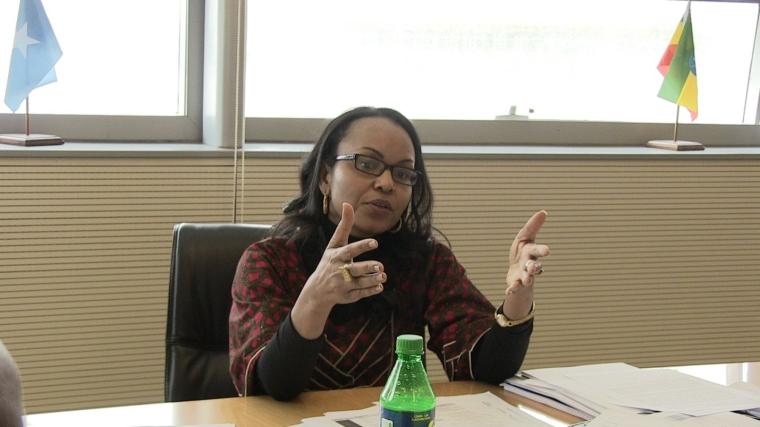Topic Resources
Africa Mining Vision (AMV)
ASSEMBLY DECISION ON THE ACTION PLAN OF THE AFRICAN MINING
VISION:
TAKES NOTE of the Report of the AUC Commission of the 2nd AU Conference of Ministers Responsible For Mineral Resources Development 2nd Ordinary Session 12-16 December 2011 Addis Ababa, Ethiopia;
ENDORSES the Action Plan for Implementing the Africa Mining Vision;
ALSO ENDORSES the ADDIS ABABA Declaration adopted by the 2nd AU Conference of Ministers Responsible for Mineral Resources Development;
REQUESTS the AUC and its agency NEPAD, in collaboration with REC's, UNECA and AfDB to facilitate organizing of regional meetings in Africa to promote the
implementation of Action Plan of the Africa Mining Vision;
ALSO REQUESTS Member States, the RECs, UNECA, Private Sector institutions civil society organizations, operators, development partners and other stakeholders, to take necessary measures for the effective implementation of the Africa Mining Vision.
UNDERSCORES the importance of member states making available financial resources at the national level for the operationalization of the Action Plan of the Africa Mining Vision;
FURTHER CALLS on the AfDB, financial institutions of member states and other relevant African and international institutions to assist in the mobilization of financial
resources for the Action Plan Of Africa’s Mining sectors development of mining sector in Africa through, inter alia, appropriate financial instruments and mechanisms;
REQUESTS the AUC and its agency NEPAD in collaboration with REC’s, UNECA and AfDB to submit to the Assembly every two years, progress reports on the implementation of the Action Plan of the Africa Mining Vision.
Agenda 2063 is Africa’s development blueprint to achieve inclusive and sustainable socio-economic development over a 50-year period.




